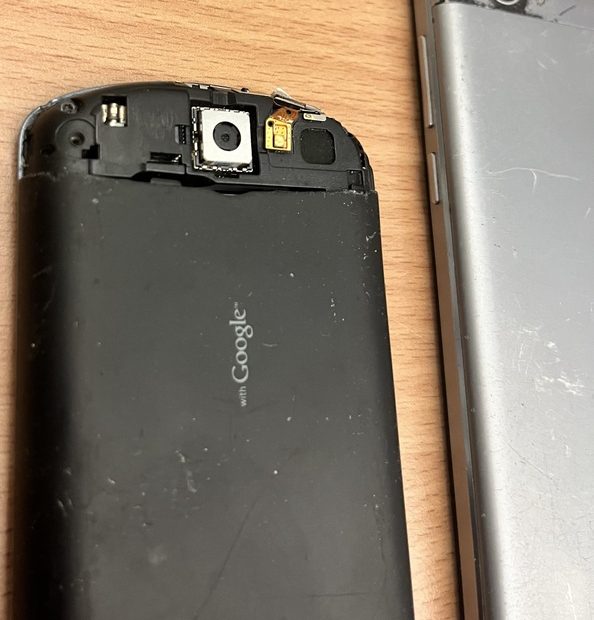An increasingly common problem with phone cameras is a defect called "lens flash". Lens flare occurs when bright light hits the camera lens and creates an unwanted reflection or halo in the photo. In extreme cases, this can lead to overexposure or even image distortion. Lens flares are particularly problematic for photographers using phone cameras, as they can cause damage to the image. In addition, lens flares can reduce the quality of a photo taken in low light.
Sensor noise is another increasingly common defect in phone cameras. Sensor noise occurs when the camera's light-sensitive chip does not read or interpret incoming light properly. This can result in grainy and unclear images. This type of defect can also reduce the quality of an image taken in low light.
Fortunately, many phone camera defects can be avoided or reduced with proper care and handling. Regular cleaning of the camera lens will help prevent lens flare, and avoiding sudden changes in temperature and lighting can help reduce sensor noise. In addition, using a protective case or cover for your phone camera can help protect it from physical damage that can lead to distortion or other defects. Finally, keeping your phone's camera up-to-date with the latest software fixes will ensure that it works properly and provide additional protection against future problems. By taking these simple steps, users can ensure that their phone's camera works properly and delivers quality images.
In general, phone camera defects are becoming more and more common due to the increasingly sophisticated technology of modern devices. These problems can be frustrating for photographers and affect the quality of their photos, but they can be avoided or minimised with proper care and handling. By taking the necessary precautions, users can ensure that their phone cameras deliver clear and high-quality images.

